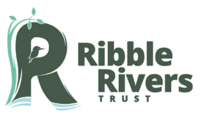
blog
Ribble Rivers Trust Blog
-
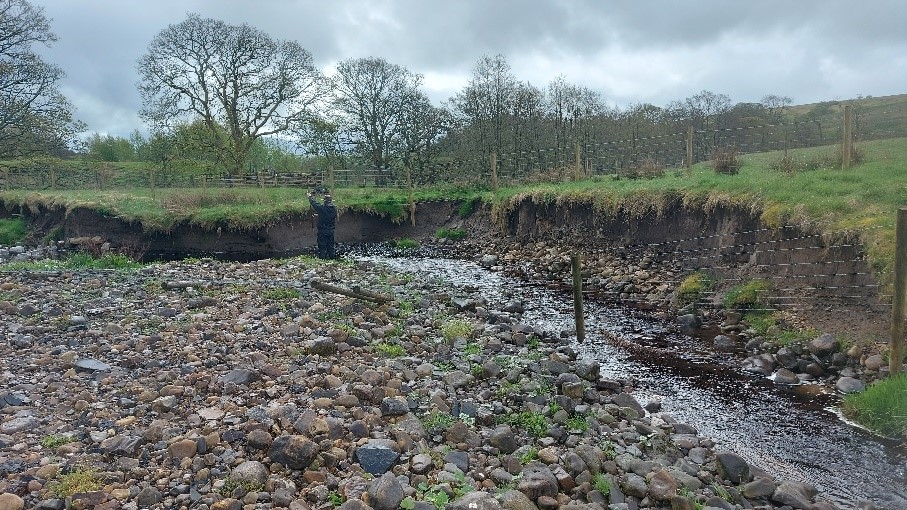
Restoring Hasgill Beck: A Brash Bundling Project for Healthy Rivers
Ribble Rivers Trust is embarking on an exciting project to restore the banks of Hasgill Beck, near Stocks Reservoir and Gisburn Forest. The Hasgill brash bundling project aims to combat severe erosion and enhance the natural beauty and biodiversity of the area. Located in the picturesque landscape of the Forest of Bowland, this project aims…
-
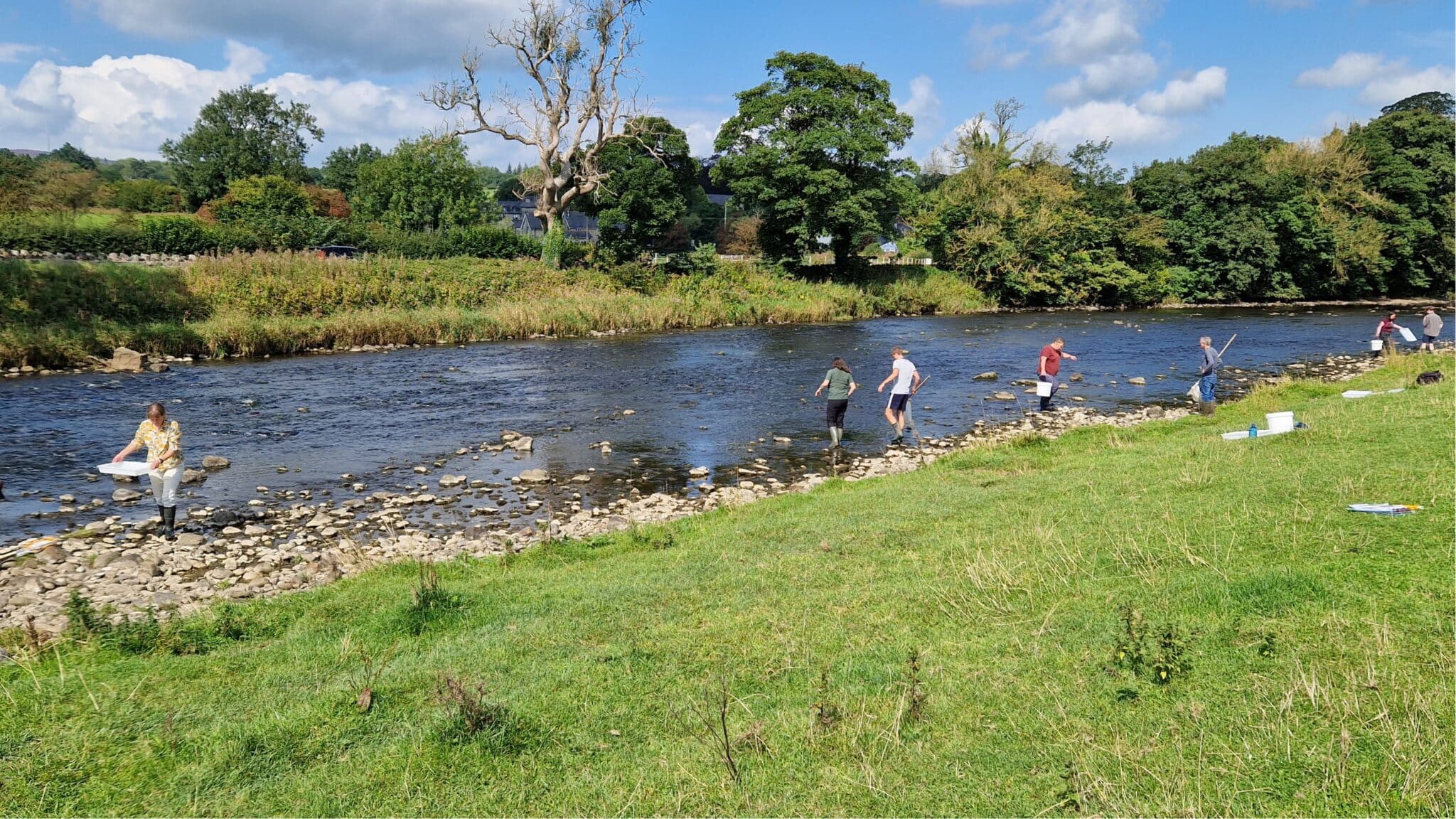
RiverBlitz- A citizen science approach
What are RiverBlitz events? A RiverBlitz is one-day event where citizen scientists join together to collect information about water quality and biodiversity within a small area. The aim is to collect as much valuable data as possible. In particular, we focus on areas where there are gaps in knowledge, to help guide our future work…
-
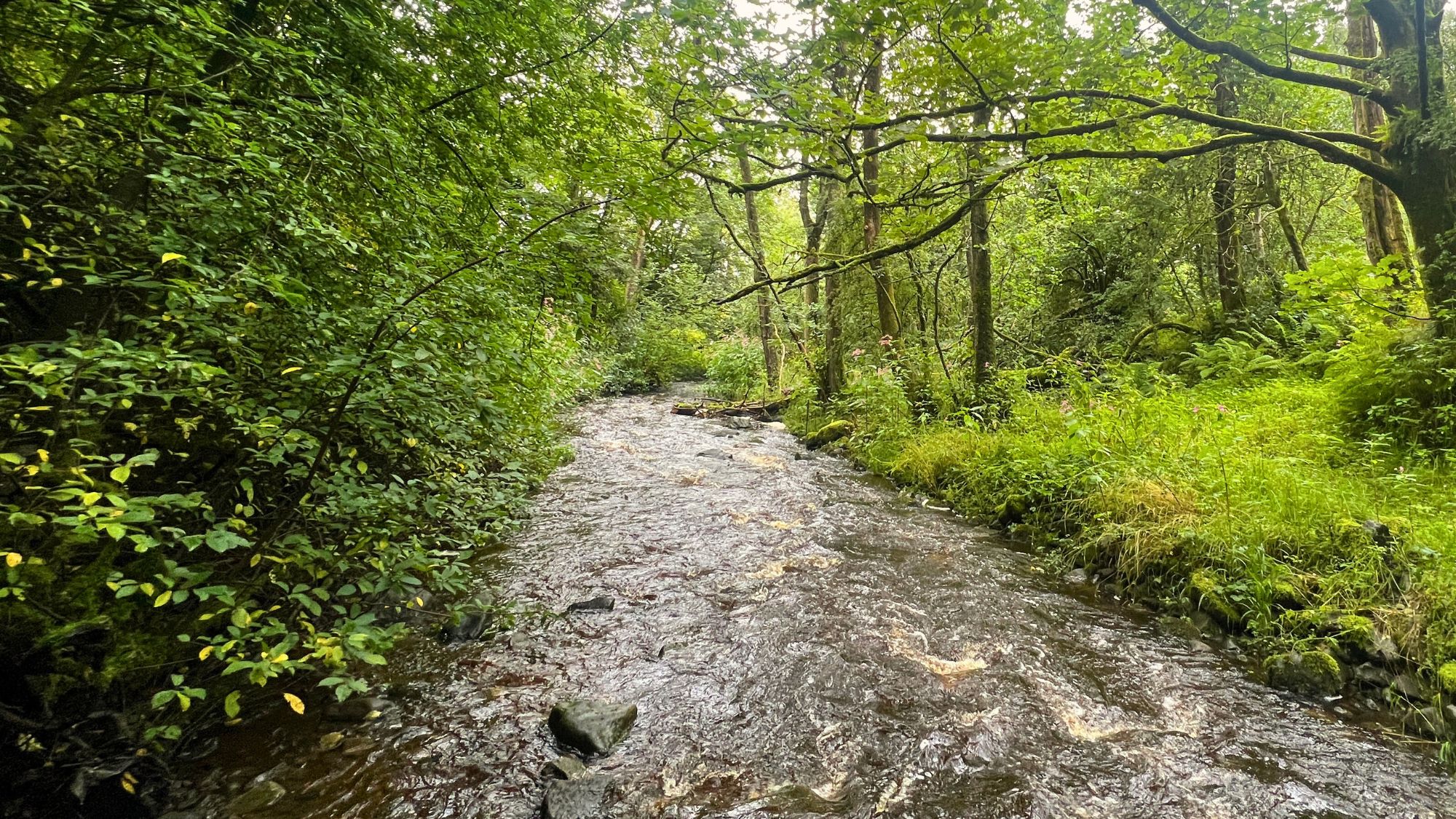
River Catchments: How They Work and Why They Matter
Ribble Rivers Trust is on a mission to protect and restore the wonderful waterways that wind their way through our landscapes. But what exactly are iver catchments, and why are they important? If you’ve ever heard us referring to the Ribble catchment or a catchment-based approach and found yourself a little confused, you’re in the…
-
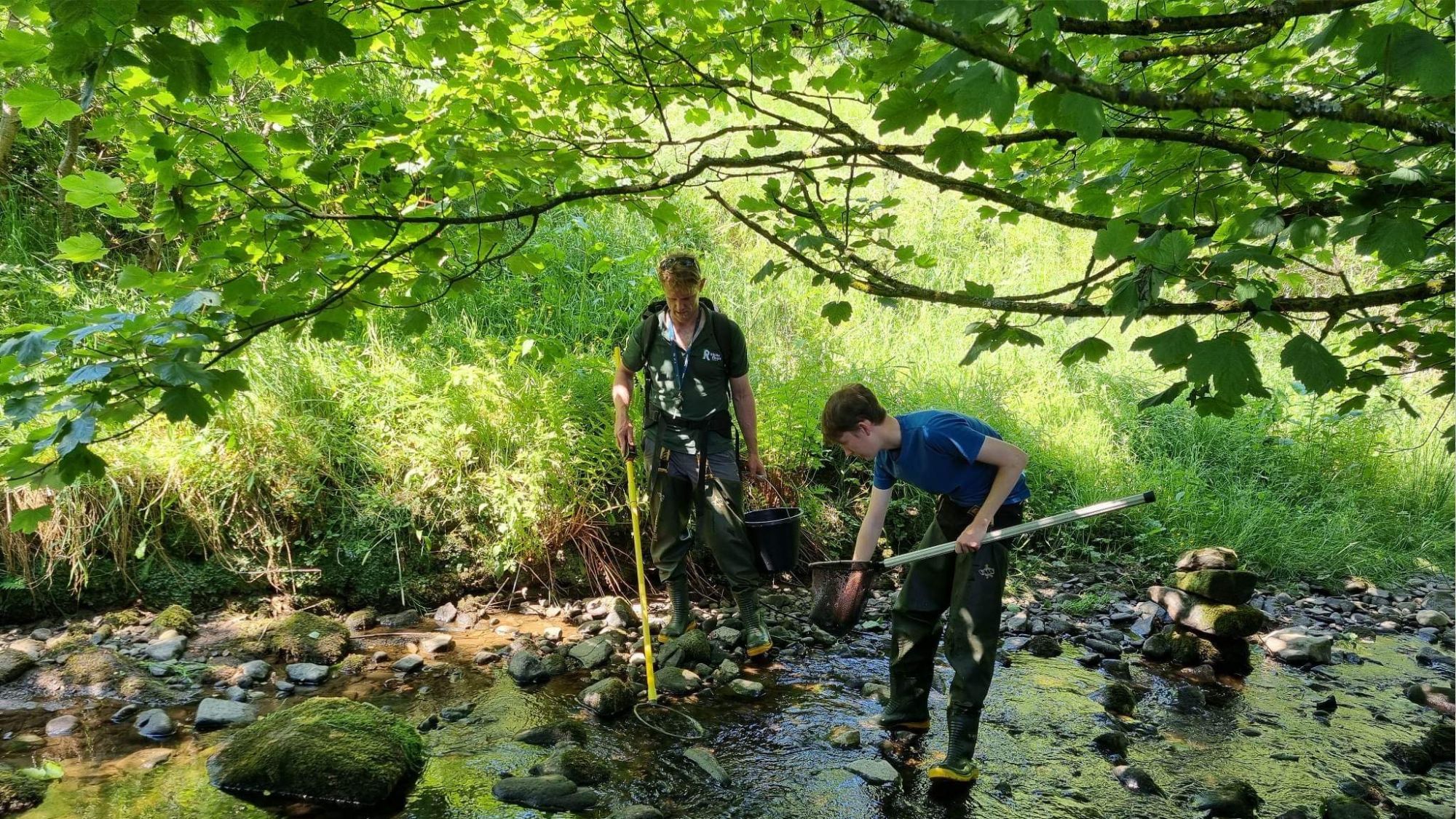
Exploring the Depths: Electrofishing for Conservation
Electrofishing for Conservation and Data-Driven River Restoration Ribble Rivers Trust strive to protect and restore the Ribble catchment’s rivers, and understanding the intricate dynamics of our river ecosystems is a huge, and very important part of our work. One technique that plays a crucial role in our data collecting efforts is electrofishing. Electrofishing is a…
-
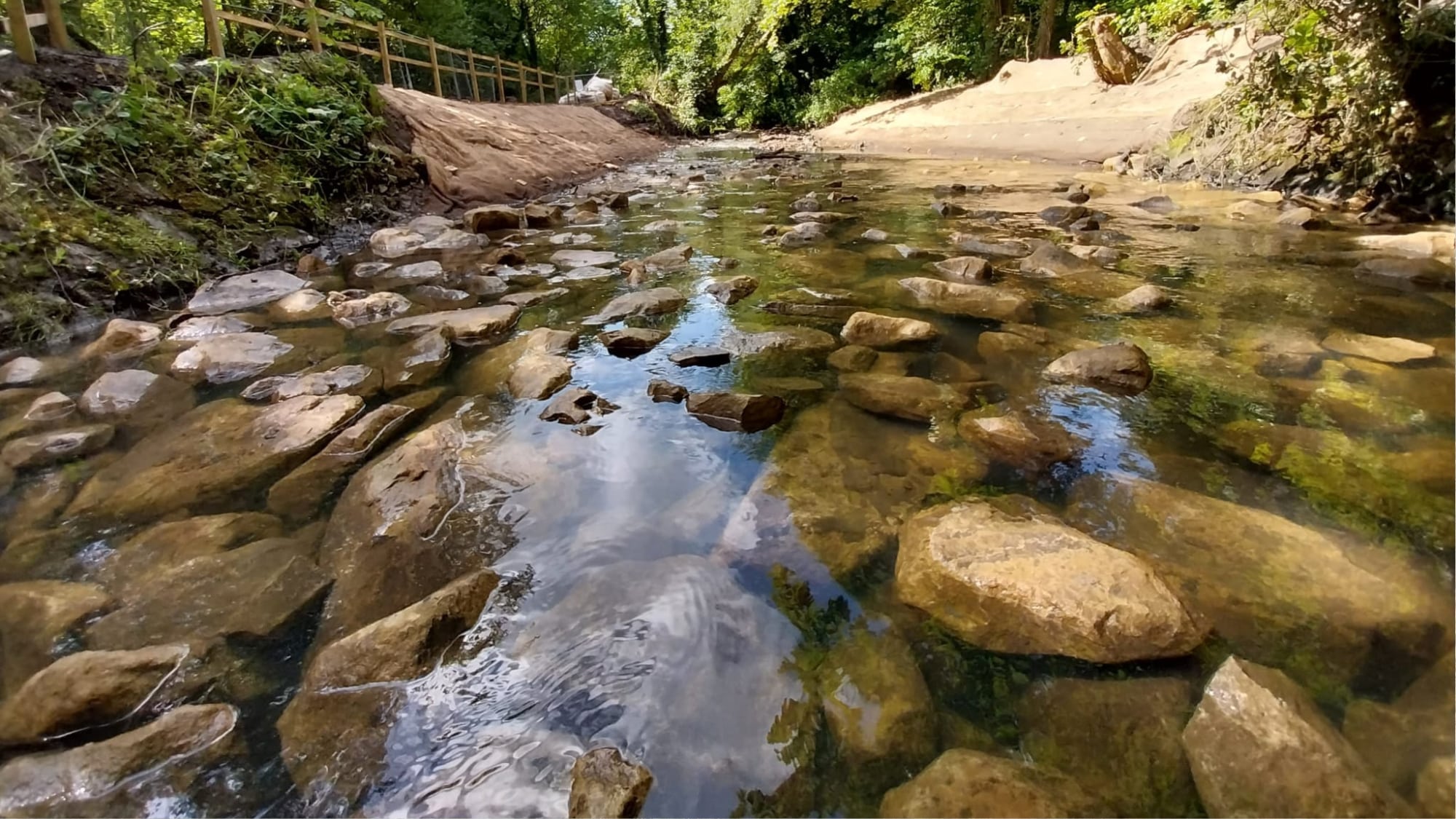
What Is River Restoration?
River restoration is at the heart of everything we do, and every day our dedicated team are on the ground working to improve our rivers for wildlife and people. But what exactly is river restoration, and is it really that important? In short, river restoration aims to restore a river to the most natural state…
-
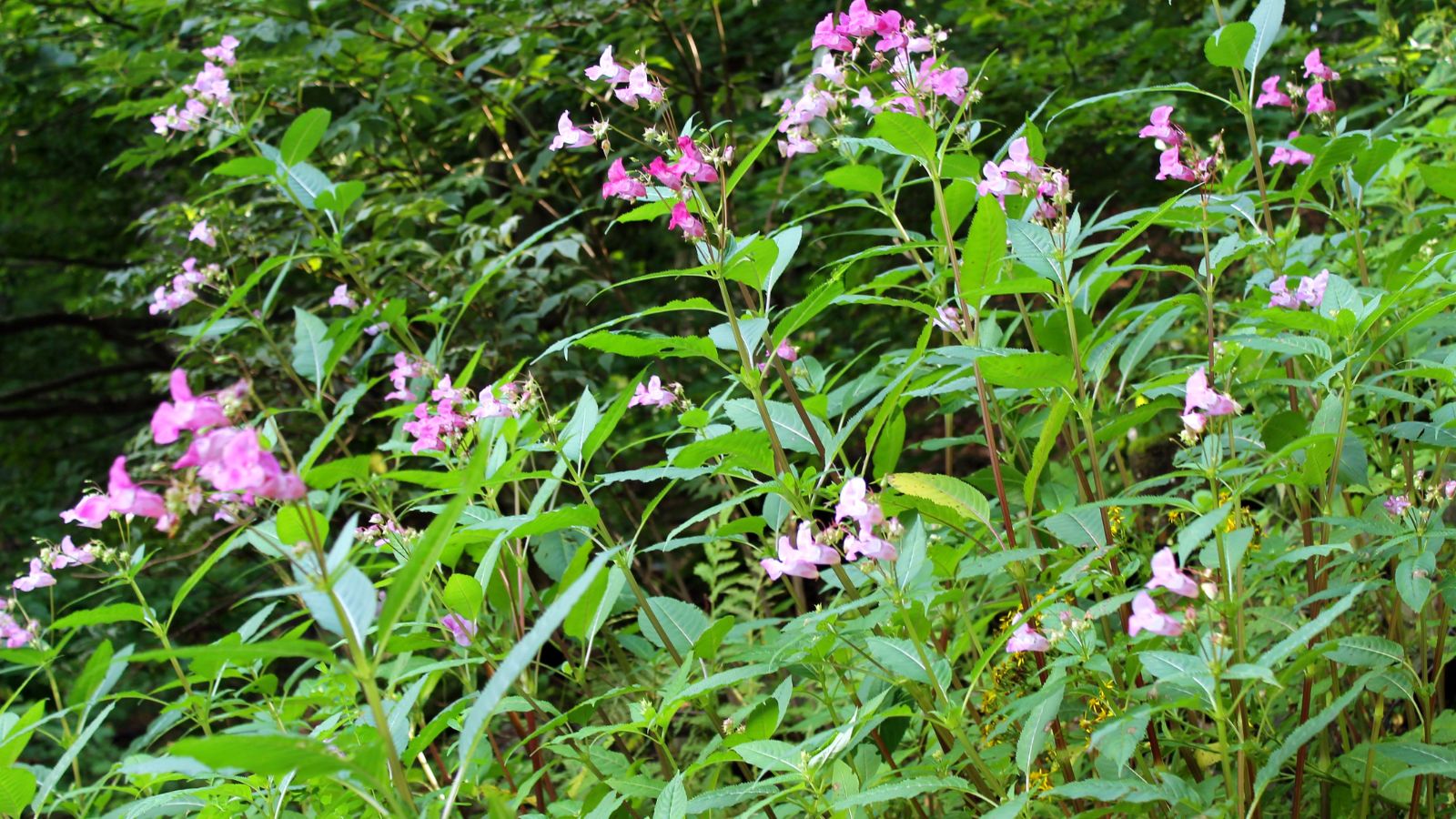
The Battle of the Balsam!
Instantly recognizable thanks to its pretty pink flowers, Himalayan Balsam is present at the sides of most of the Ribble catchments watercourses. Despite providing a gorgeous display of sweetly scented flowers, this plant is one of our top environmental offenders! join the battle! It’s not all doom and gloom though, as it can be tackled.…
-
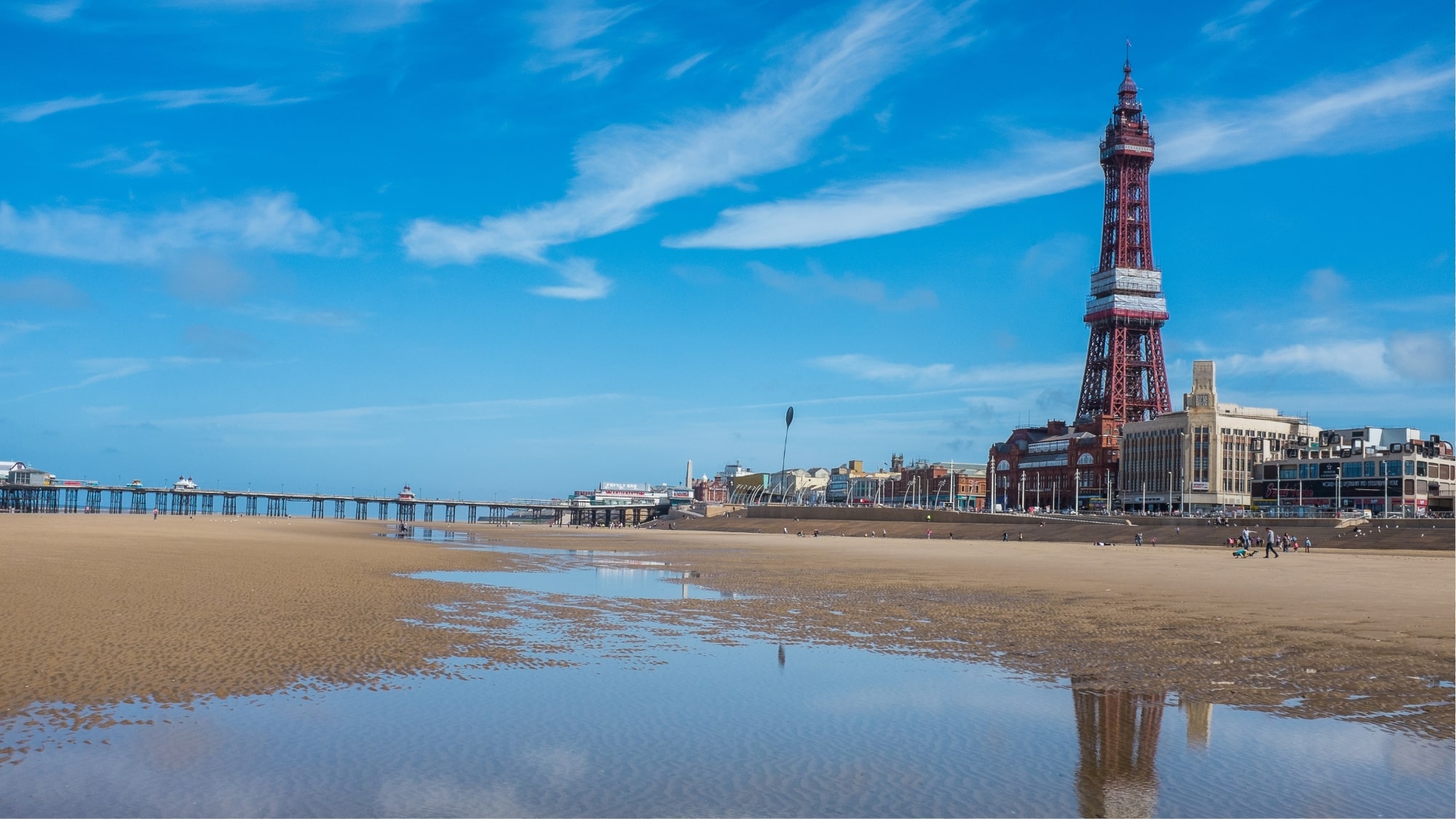
Wave Hello To Cleaner Beaches This Summer
Ribble Rivers Trust, in collaboration with Fylde council, has launched a people focussed campaign to combat litter and inspire Lancashire residents to “wave hello to cleaner beaches” this summer. The campaign aims to raise awareness about the detrimental impact of litter, encompassing issues such as food waste, packaging, dog waste, and plastic pollution on our…
-
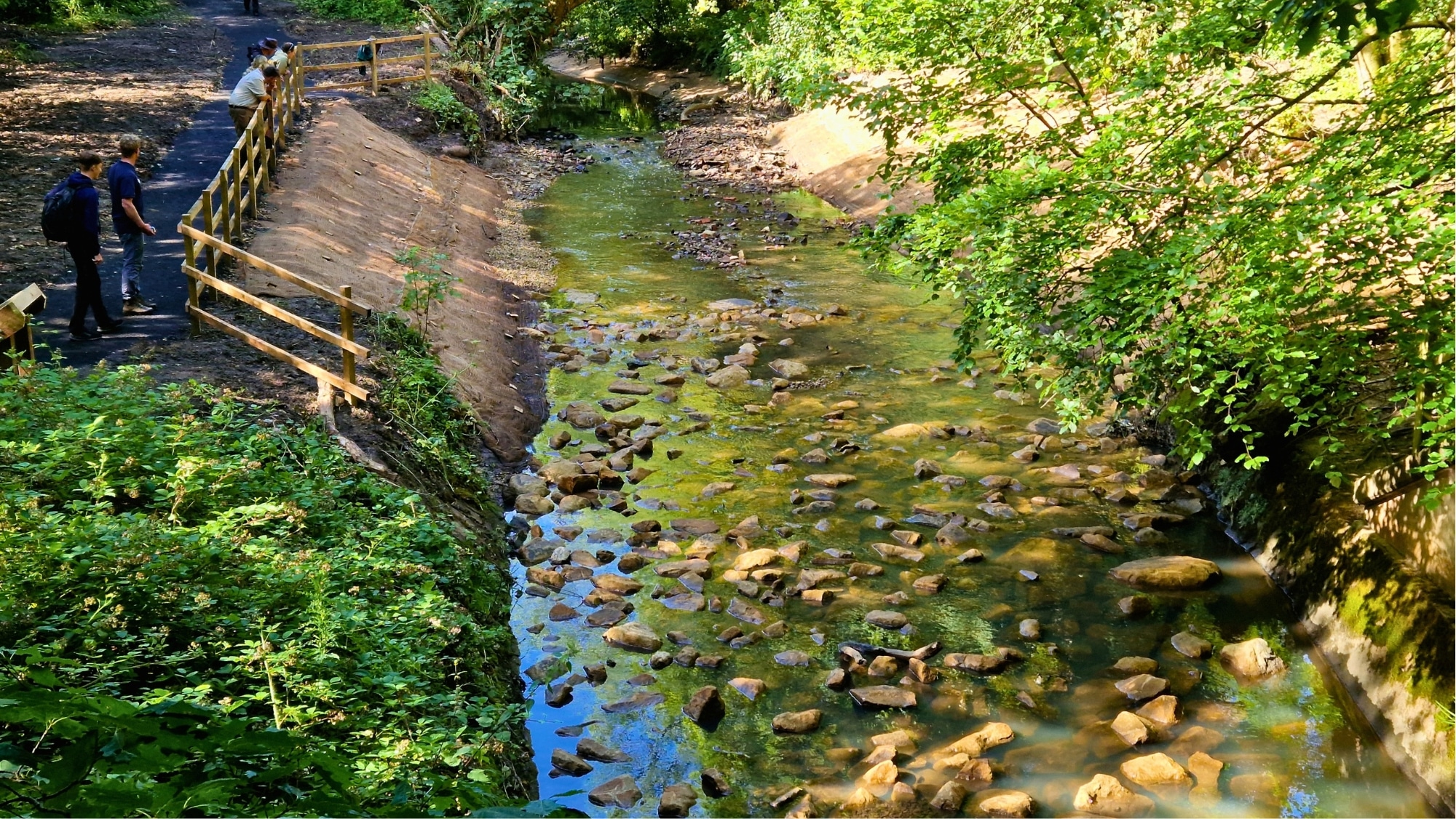
Breaking down barriers in the River Douglas Catchment
An epic three-year river engineering project has drawn to a successful close this summer. The Opening Up The River Douglas (OUR Douglas) project, delivered by Lancashire based charity Ribble Rivers Trust, has seen the modification or removal of eight river blocking barriers and weirs in the River Douglas catchment. OUR Douglas commenced work in 2020…
-
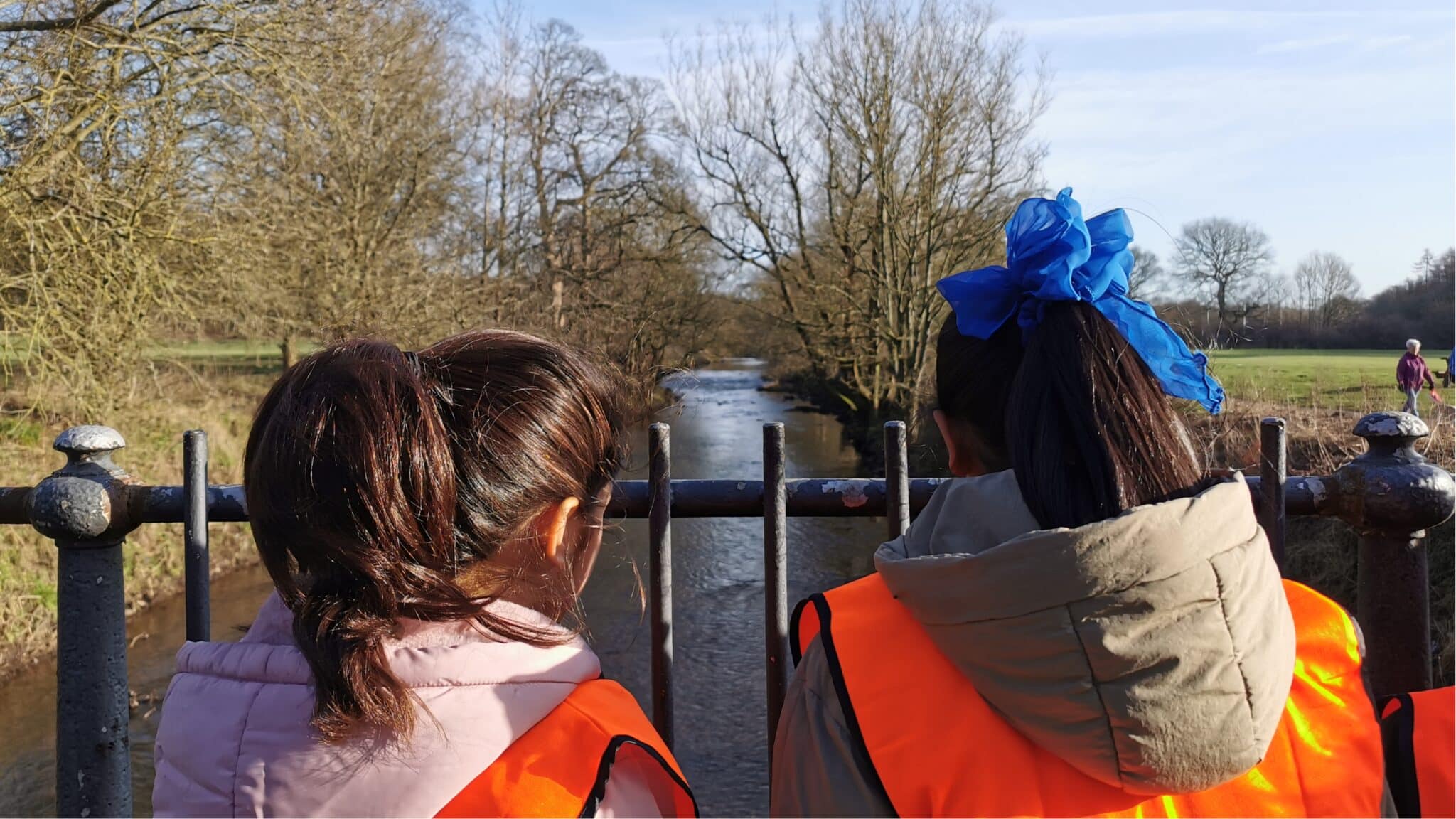
Ernest Cook Grant; Helping Young People Connect With Nature
Ribble Rivers Trust has benefited from a £15,000 grant from UK educational charity The Ernest Cook Trust, which is aimed at helping get young people outdoors. Spread across three years, the grant is helping to fund the salary of an Outdoor Learning Officer to run the Coastal Explorers Project. The project will engage with hundreds…
-
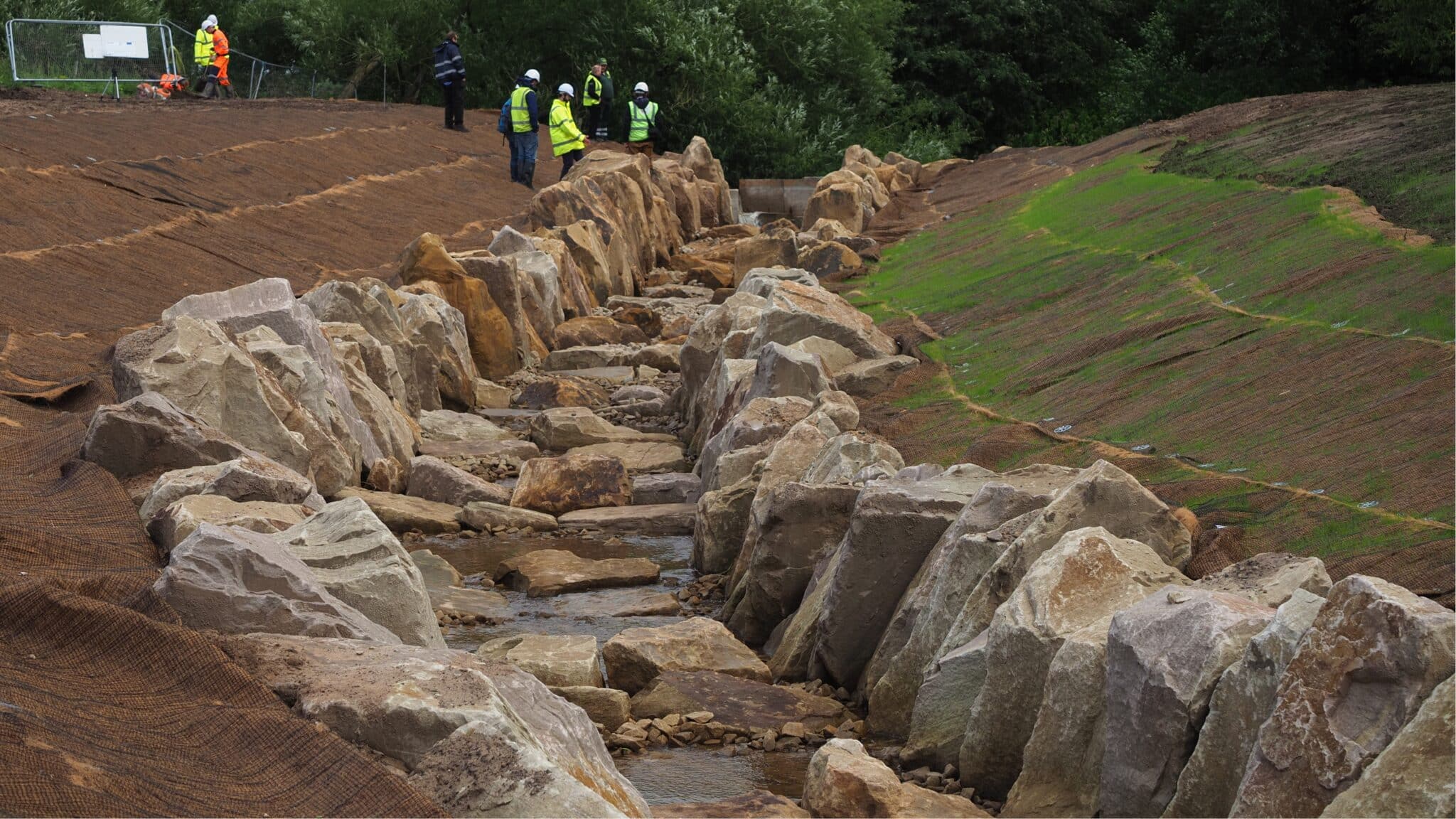
What Is A Fish Pass?
You’ve probably heard the term fish pass used a lot, but maybe you’re still wondering what they are and why we construct them. To put it simply, a fish pass is a structure build on, in, or alongside a river barrier. These structures help fish move up and down river blocking barriers like weirs and…
-

A Week In The Life Of; The River Education Team
Have you every wondered what it’s like to work in river education? Our latest series of guest blog posts explains more about our team, their work, and what this means for their day to day life. This time we’re hearing from Christi Lloyd, our Education Officer. Christi explains what her role involves, and what her…
-
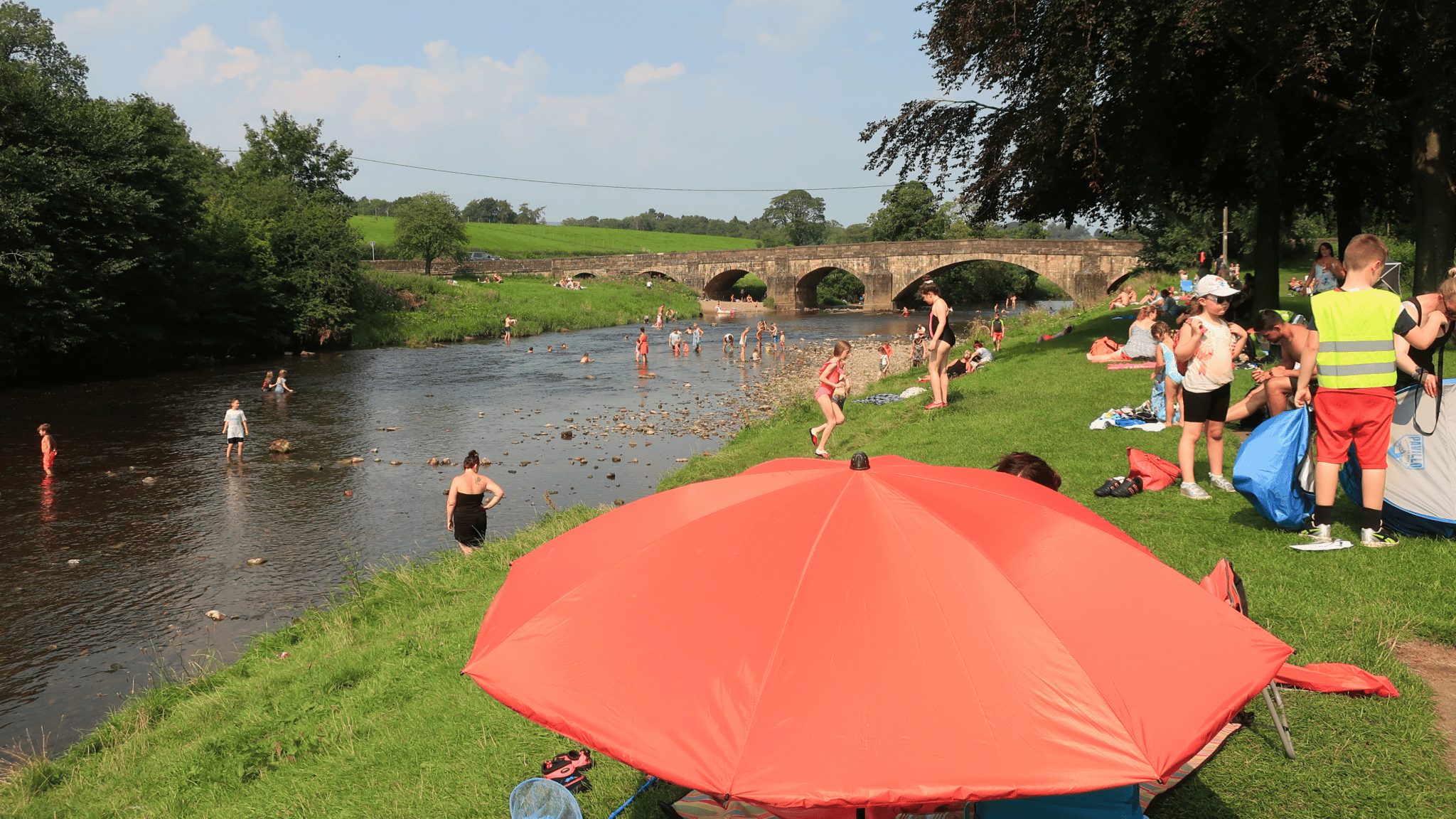
Inland Bathing Waters; what does it mean?
In the UK, we have over 600 bathing water sites, but just two of those are inland bathing waters. Earlier last year Ribble Rivers Trust launched Safe to Splash. Our campaign for bathing water status. Ribble Rivers Trust submitted our application back in October and our aim is to secure bathing water status for a…
-

Ged Beck; channel re-wiggling for a natural river
An exciting new river restoration project is now underway on the Lancashire and North Yorkshire border. The project, which is based near Halton West, aims to restore and re-wiggle a 144 meter section of Ged Beck to make way for a more natural river system.
-

Trout in the Classroom
Today’s children are tomorrow’s river guardians- that’s why primary education programmes like Trout in the Classroom are so important to us! Our Rivers in the Classroom education programme brings freshwater science into schools in Lancashire and across the Ribble Catchment.
-
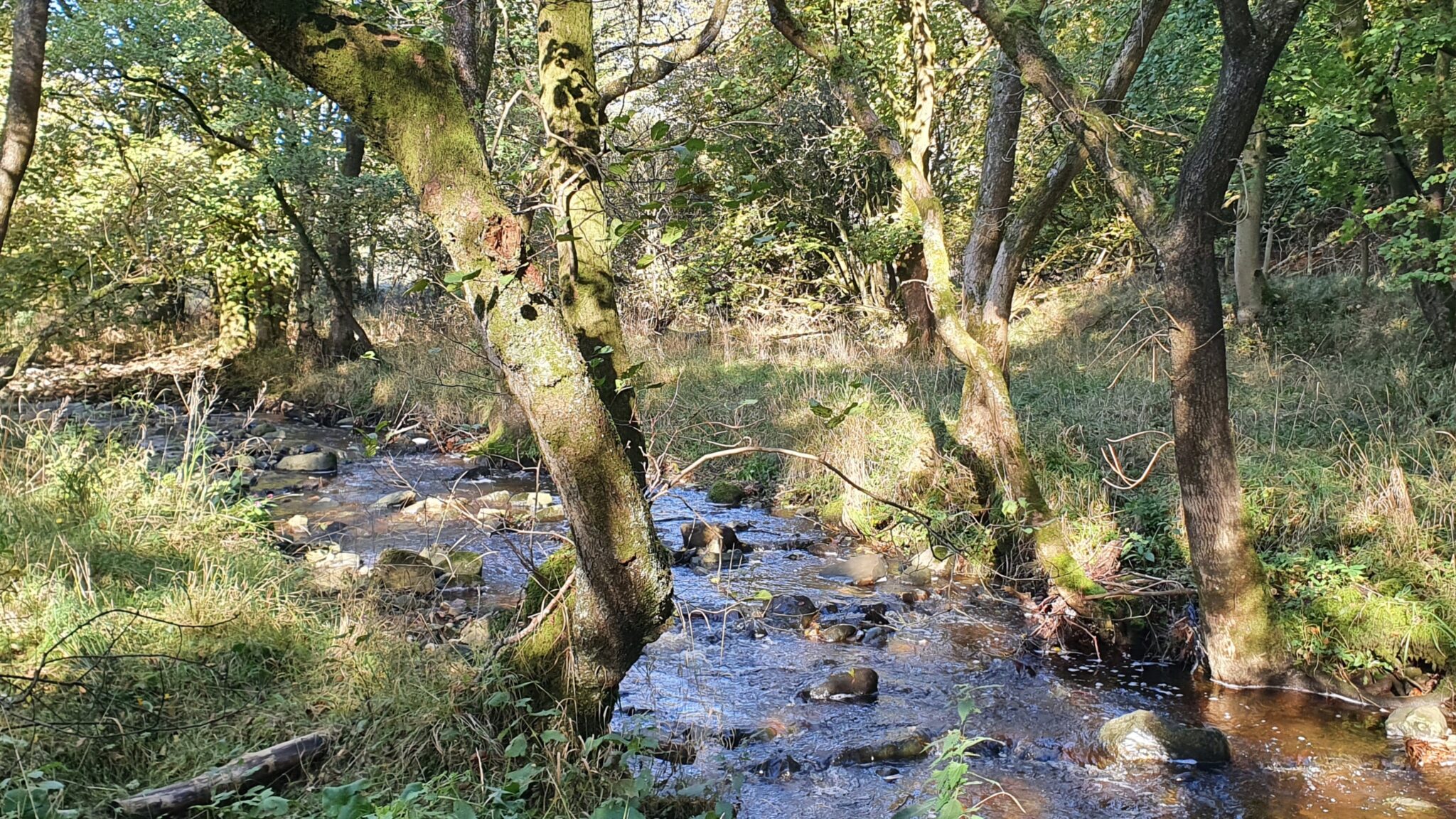
brackenhurst NFM
Our latest NFM, or Natural Flood Management, project is due to start this spring. As the name suggests, NFM is a natural way of reducing flood risk. Whilst it’s not sufficient to prevent flooding in towns and cities (unless combined with other projects), NFM is great for reducing flood risk on a smaller scale.
-

Buy Nothing New Month
January is Keep Britain Tidy’s Buy Nothing New Month so, we’ve got some top tips to help you reduce the amount of stuff you buy. After all, buying stuff we don’t need is bad for the planet, and for our pockets. Everyone has heard of the saying reduce, reuse, and recycle, but you can also…
-

Three fun ideas for family winter walks
It’s January, and after a few weeks of feasting and festivities we’re all looking for cheap and healthy ways to have fun. Us grownups might find a bracing winter river walk invigorating, but it can be hard to convince the kids that a walk is anything short of an ordeal! So, here are three of…
-
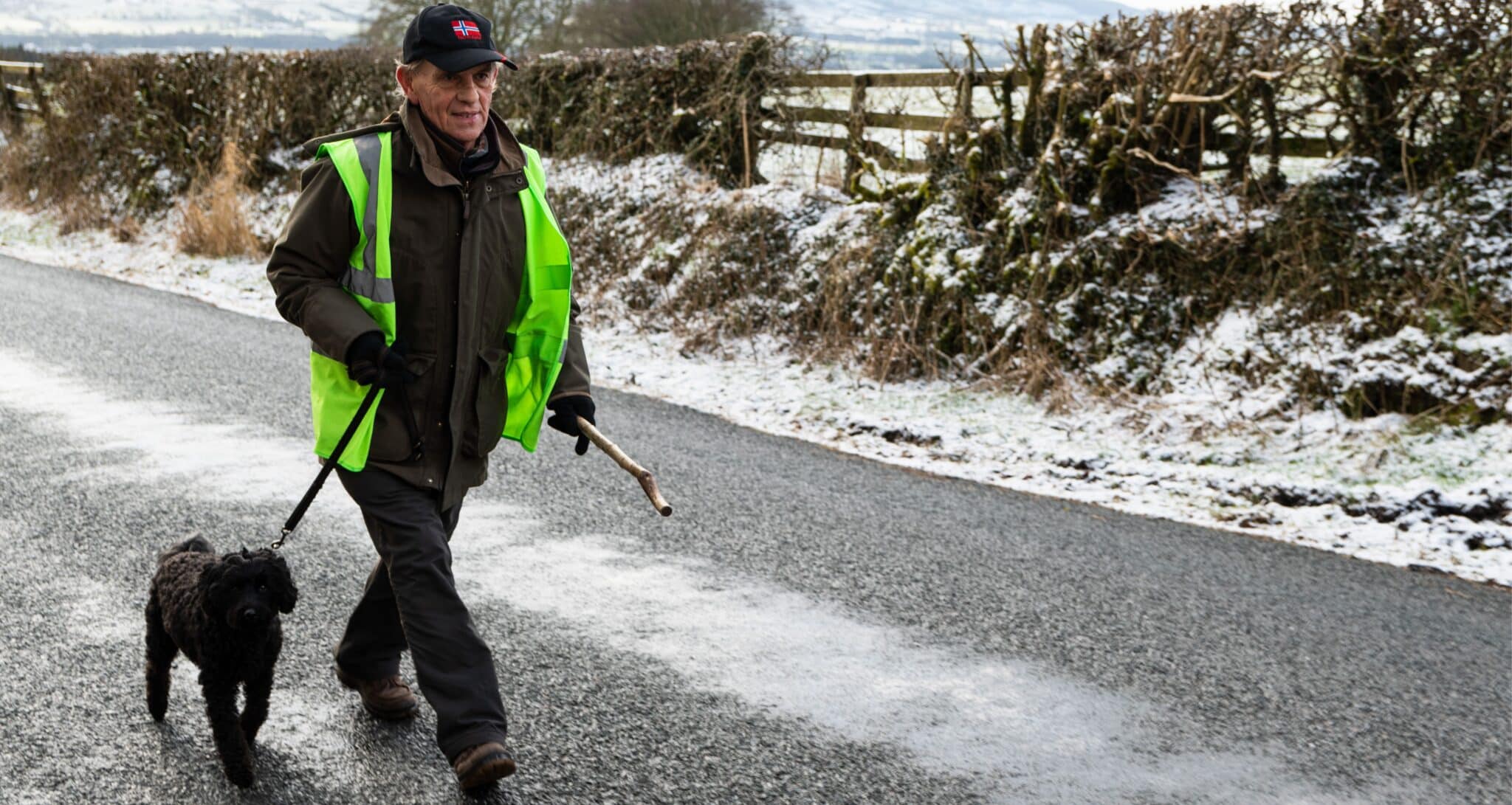
Philip Lord BEM
Our amazing outgoing chair Philip Lord has received a British Empire Medal for services to the environment. As many of you know, Philip has been the driving force behind the Trust since it’s inception back in 1998. Thanks to his business expertise, passion for rivers, and sheer determination, Philip has taken the Trust from strength…
